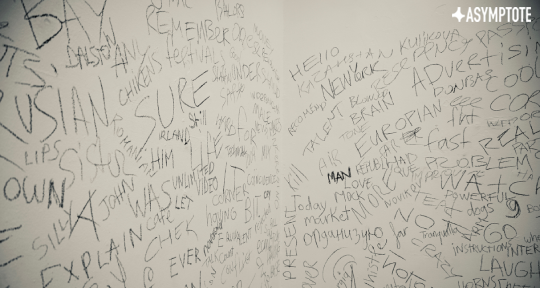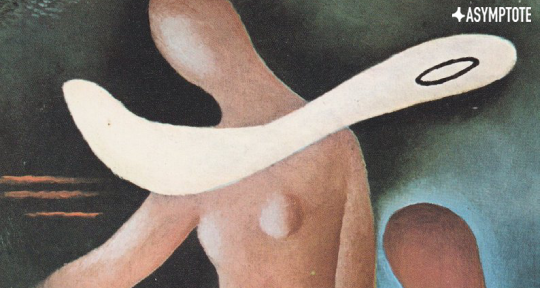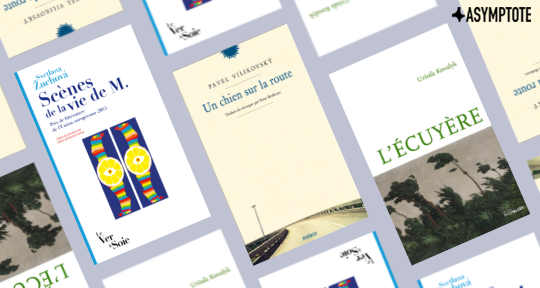Literature has always been at the forefront in movements for societal change, and, in the efforts to continually push for action, we perceive the bold literary markers that fulfill art’s role to pay tribute, to inspire, and to call for attention. It’s been thirty years since the Tiananmen Square massacre occurred on June 4, 1989 in Beijing. It’s been over fifty years since the Latin American Studies Association was founded in the spirit of building civic engagement. It’s been fifty years since the Stonewall Riots began on June 28th, 2019 in New York City. From commemorations in Hong Kong, joyous displays of pride in the US, and unprecedented exchange of Latin American academic dialogues occurring in Boston, our editors bring you news that show a valiant, ongoing endeavour towards justice.
Jacqueline Leung, Editor-at-Large, reporting from Hong Kong
2019 marks the thirtieth anniversary of the Tiananmen Square protests, also called the June Fourth Incident, for which it is tradition among different parties in Hong Kong to hold annual commemoration. In light of the anniversary, the city’s literary journals are organizing special features and events to take stock of the cultural, political, and social changes the incident has caused in Hong Kong, China, and beyond.
Cha, Hong Kong’s resident literary journal in the English language, is publishing a special edition of original English and translated works, photography, and art exploring the incident and its aftermath. The issue will include a selection of translated works by Chinese poets Duo Duo (featured in Asymptote’s Summer issue last year, also translated by Lucas Klein), Meng Lang, Lin Zhao, Xi Chuan, and Yian Lian, as well as a translation of “One Family’s Story” by Ding Zilin, co-founder of the Tiananmen Mothers. Alongside the Tiananmen issue, Cha is also collaborating with PEN Hong Kong to hold a remembrance reading with local writers at Bleak House Books on June 3.





